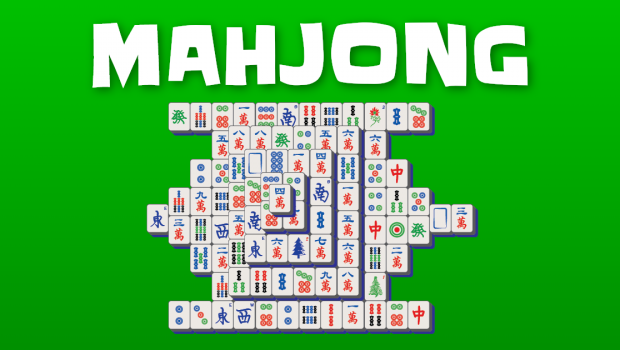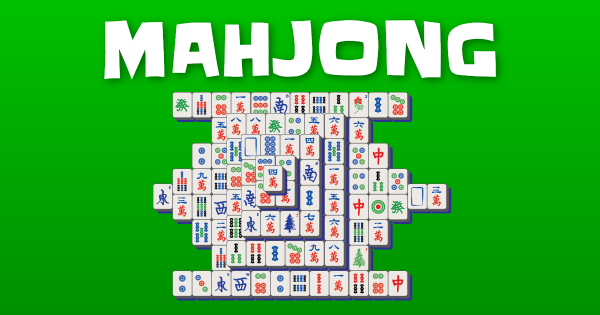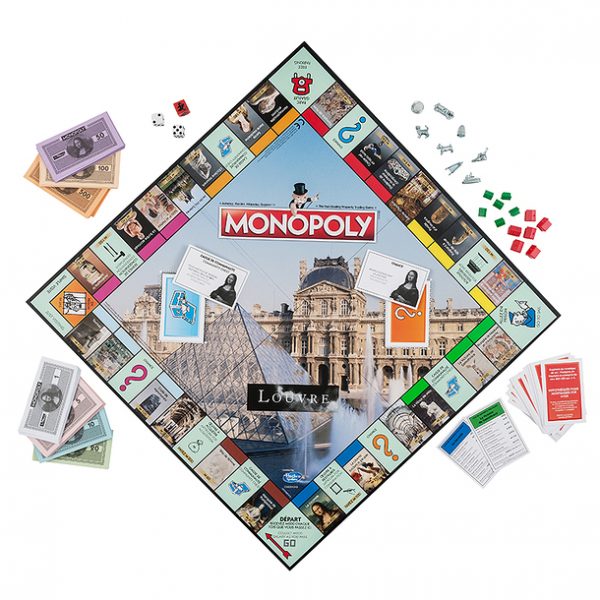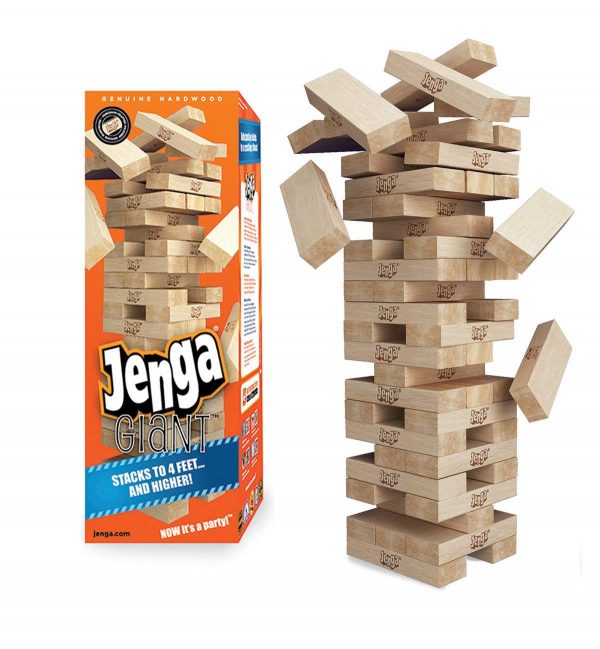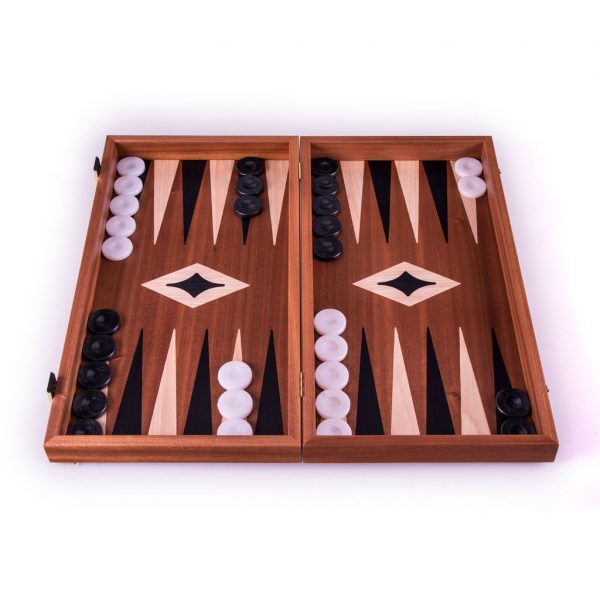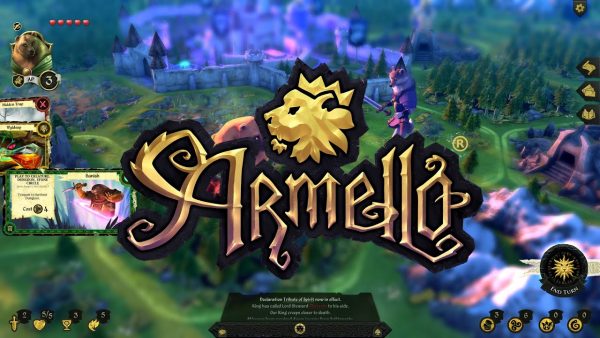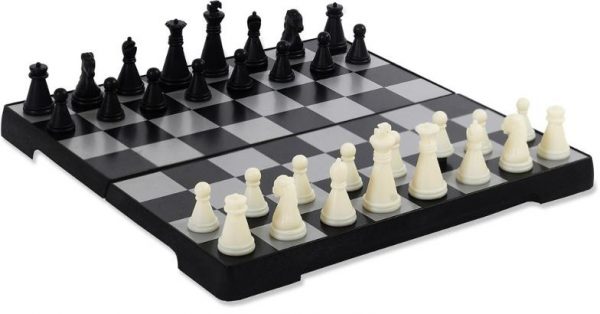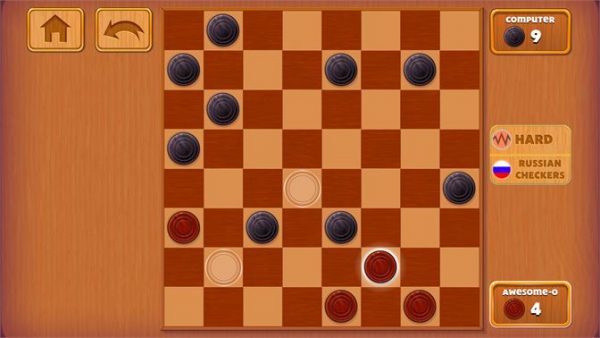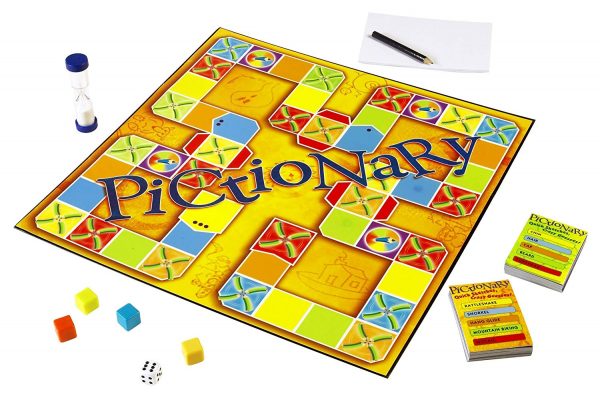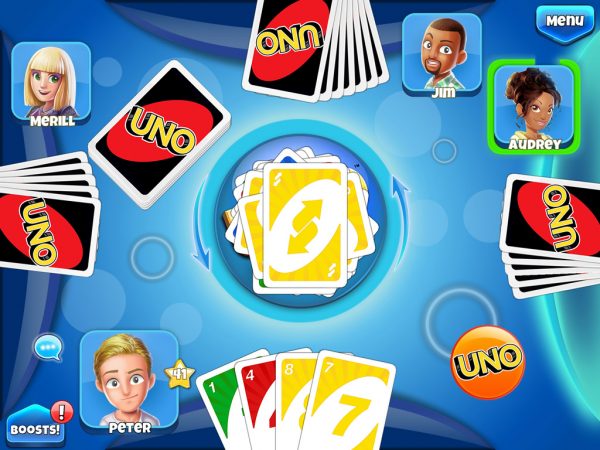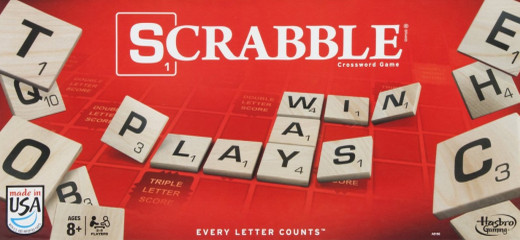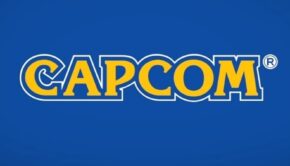Top 10 Childhood Tabletop Games That You Can Still Play Online
What do we do in our free time?
We all have recreational activities we like to do in our free time. These are the things we do while we are not working or when we are fed up with daily routines. Most of us spend time with friends, watch a movie, bake, travel or just simply get on a computer and play online games.
Online games can be very addicting. You can spend most of your free time just playing. We tend to forget what it’s like to play regular board games but this doesn’t have to be the case. Luckily through the wonders of technology, we can still play classic board games online.
There are several board games that we used to play in our childhood that are easily accessible online. Games like mahjong, Monopoly, Jenga, backgammon, chess, and many others are all easily found and played online.
Mahjong
Mahjong is played with a set of 144 tiles based on Chinese characters and symbols, although some regional variations may use different amounts of tiles.
In most variations, each player begins by receiving 13 tiles. In turn, players draw and discard tiles until they complete a legal hand using the 14th drawn tile to form 4 melds (or sets) and a pair (eye). A player can also win with a small class of special hands.
There are fairly standard rules about how a piece is drawn, how a piece is robbed from another player, the use of simples (numbered tiles) and honors (winds and dragons). The kinds of melds allowed, how to deal the tiles and the order of play are all usually pretty standard as well.
Despite these similarities, there are many regional variations to the rules including different scoring systems, criteria for legal winning hands and even private table rules. All of these things can distinguish variations as notably different styles of mahjong.
Monopoly
Monopoly is a board game that is currently published by Hasbro. In the game, players roll two six-sided dice to move around the game board, buying and trading properties, and then developing them into houses and hotels.
Players collect rent from their opponents, with the goal of driving them into bankruptcy. Money can also be gained or lost through chance, community chest cards, and tax squares.
Players can also end up in jail, which they cannot move from until they have met specific conditions such as rolling doubles the next time their turn comes around
The game has numerous house rules, and hundreds of different editions exist, including many spin-offs with pop culture related themes. Monopoly has been licensed in more than 103 countries and printed in more than 37 languages.
Jenga
Jenga is a game of physical skill created by British board game designer and author Leslie Scott, and currently marketed by Hasbro. Players take turns removing one block at a time from a tower constructed of 54 blocks.
Each block removed is then placed on top of the tower, creating a progressively taller and more unstable structure. The name Jenga is derived from kujenga, a Swahili word which means “to build.”
Backgammon
Backgammon is one of the oldest known board games. It is a two player game where each player has fifteen pieces which move between twenty-four triangle according to the role of two dice.
The objective of the game is to be first to bear off move all fifteen checkers off the board. Backgammon is one of the oldest board games still played today.
Armello
Armello is a digital role-playing strategy game developed by Australian independent game studio League of Geeks. First announced as an iPad title in September 2012, the game has been in development since mid-2011.
Between April and May of 2014, a successful Kickstarter campaign was created to help pay to move the game to the Steam website and GOG.com.
The campaign also added the possibility of bringing the game to Android and Windows platforms. Additionally, Armello was chosen to receive support from governmental funding agencies Screen Australia and Film Victoria.
Chess
Chess a two-player strategy board game played on a checkerboard with 64 squares arranged in an 8×8 grid. Each player begins with 16 pieces: one king, one queen, two rooks, two knights, two bishops, and eight pawns. Each piece type moves differently, with the most powerful being the queen and the least powerful the pawn.
The objective is to checkmate the opponent’s king by placing it under an inescapable threat of capture. A player’s pieces are used to attack and capture the opponent’s pieces, while still protecting the player’s own pieces as much as possible.
During the game play typically involves sacrificing pieces for the opponent’s similar pieces by creating opportunities to trade advantageously.
A player can also win the game if the opponent resigns, or (in a timed game) runs out of time. There are also several ways that a game can end in a draw.
Checkers
Checkers or American checkers is a two player game based on the strategy board game draughts. It is played on an 8×8 checkerboard with 12 pieces per side. The players alternate turns to progress across the board.
The players capture their opponent’s pieces by moving diagonally and jumping their opponent’s pieces until they reach the opposite end of the board where they are crowned. After being crowned a piece can move both backwards and forwards.
Pictionary
Pictionary is a game played in teams with players trying to identify specific words by looking at pictures their teammates draw. Each team moves a piece on a game board formed by a sequence of squares. Each square has a letter or shape identifying the type of picture to be drawn on it.
The objective is to be the first team to reach the last space on the board. If the player lands on an “all play” square, one player from each team attempts to illustrate the same concept simultaneously, with the two teams racing to correctly guess first.
The first player to land at the finish wins as long as they successfully guess the last drawing their teammates create.
Uno & Friends
Uno is an American card game that is played with a specially printed deck. There can be 2-10 players. The first player to score 500 points will win, which can be achieved by being the first player to be rid of all of their cards. Players score points for each card other players were unable to discard during the game.
An Uno deck consists of 108 cards. There are four different colors (red, yellow, green, blue) of cards in the Uno deck.
Each color has one zero, and two of each card numbered 1 through 9. Each color also has two “skip,” “draw two,” and “reverse” cards in addition to wild cards. These types of cards are known as “action cards.”
To start a hand, seven cards are dealt to each player, and the top card of the remaining deck is flipped over and set aside to begin the discard pile. The player to the dealer’s left plays first, and the game progresses from there as players race to discard all of the cards they are holding before anyone else.
Scrabble
Scrabble is a word game in which two to four players score points by placing tiles bearing a single letter onto a board divided into a 15×15 grid of squares. The tiles must form words that read left to right in rows or downward in columns.
New words must incorporate a letter already on the board and be included in a standard dictionary. The board is also marked with “premium” squares, which multiply the number of points awarded for that word.
There are eight dark red “triple-word” squares, 17 pale red “double-word” squares, 12 dark blue “triple-letter” squares, and 24 pale blue “double-letter” squares.
In 2008, Hasbro changed the colors of the premium squares to orange for triple word, red for double word, blue for double letter and green for triple letter. The original premium square color scheme, however, is still preferred for Scrabble boards used in tournaments
Thanks to wonders of the Internet, anyone can enjoy, love and play conventional board games online. All it takes is a simple web search to find various options to play each of the games mentioned above.
Now that you have freshened up on the basics it’s time to go test things out online. Find games that remind you of time spent playing the board game versions during childhood. Don’t forget to have just as much fun while you’re playing these classic games in their new online form.

